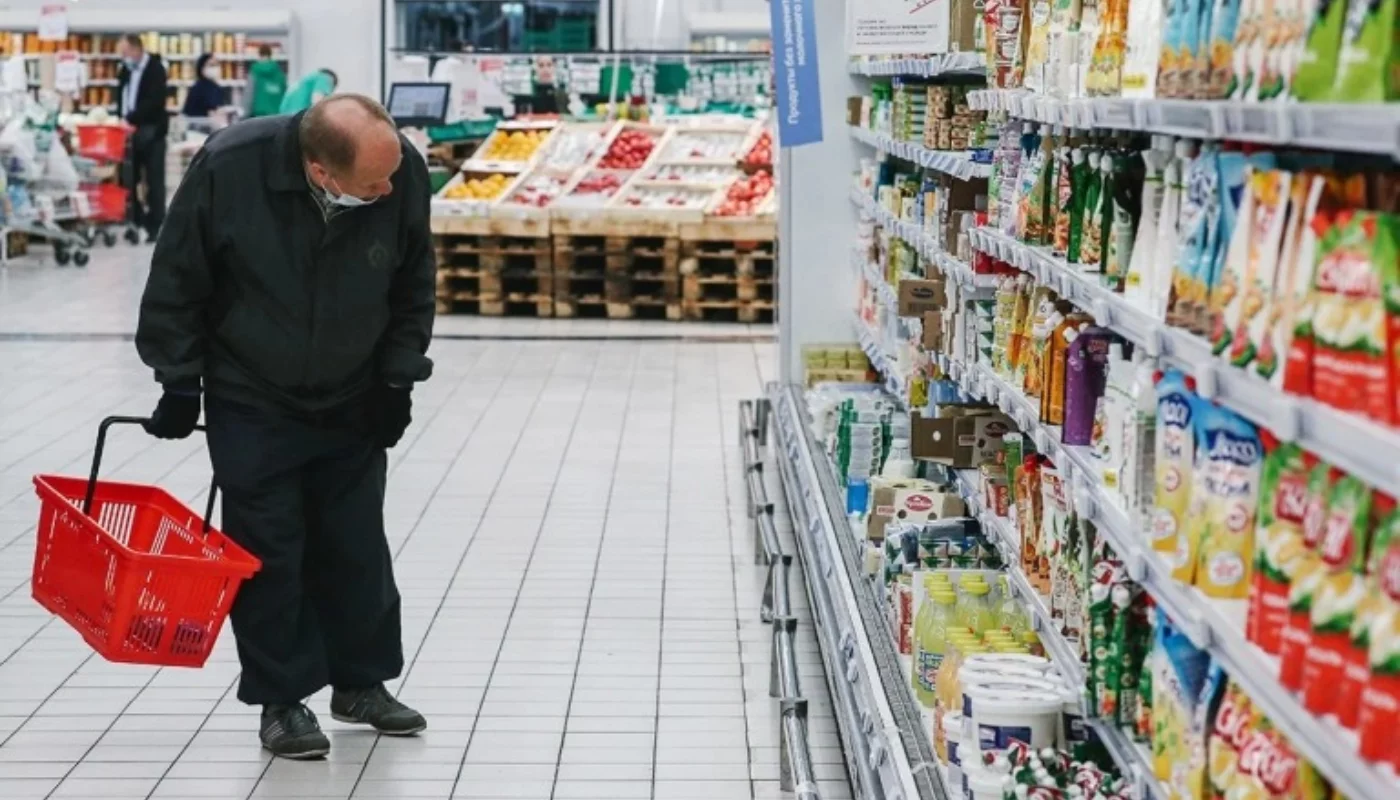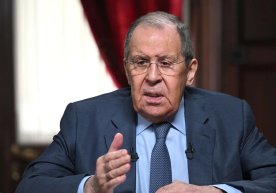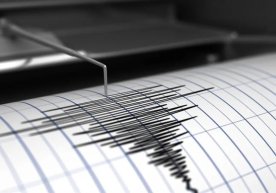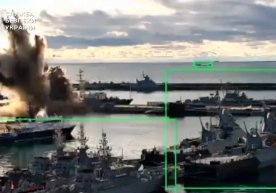
Photo: Andrey Lyubimov / RBC
While inflation has declined in many countries, consumer prices in Russia continue to rise. In February 2025, annual inflation reached 10 percent. This is significantly higher than the Central Bank of Russia's 4 percent target. In particular, the increase in fruit and vegetable prices by more than 20 percent in 2024 is creating serious economic pressure on the population.
Nevertheless, the Russian economy stands out from other markets with high inflation, writes The Economist.
The increase in inflation is due to several factors. Western sanctions have led to a depreciation of the ruble, which has made imported goods more expensive. As Russian importers try to circumvent the restrictions, they are forced to work through intermediary countries, which increases costs.
There is also a labor shortage due to military mobilization and mass emigration. This has led to an 18% increase in wages in 2024 - a significant increase in the cost of paying salaries will increase the price of goods and services.
The unemployment rate remains at a record low of around 2%, which is increasing price pressure in the market.
The huge spending of the Russian government also plays a special role in the increase in inflation. Military spending accounts for 7% of GDP: the government allocates huge funds to defense, infrastructure and social payments. This creates demand that exceeds supply, which leads to an increase in prices.
At the same time, inflation has not caused major discontent so far. In 2024, real incomes of the population increased by 10%. Government subsidies and wage increases are cushioning the impact of rising prices on most Russians.
According to The Economist, the sustainability of this economic model is in doubt. If inflation remains high, the Central Bank may be forced to keep its key interest rate, which has reached 21 percent, on hold for an extended period, which would slow economic growth. Russia could also face a serious economic downturn if government spending is cut or consumers become cautious.
Another important issue is the long-term impact of the war economy. Reverting from a war-based economy to a more balanced peacetime model could be a major test for the Russian economy. Unless sanctions are lifted, the prospects for economic growth will be limited.
So far, the Russian government has shown that it is monitoring inflation and is prepared to tolerate it. But history shows that high inflation can erode public confidence in the long run, potentially posing political risks for the Kremlin. Read “Zamin” on Telegram!
Ctrl
Enter
Found a mistake?
Select the phrase and press Ctrl+Enter Related news
Information
Users of Меҳмон are not allowed to comment this publication.
Users of Меҳмон are not allowed to comment this publication.














